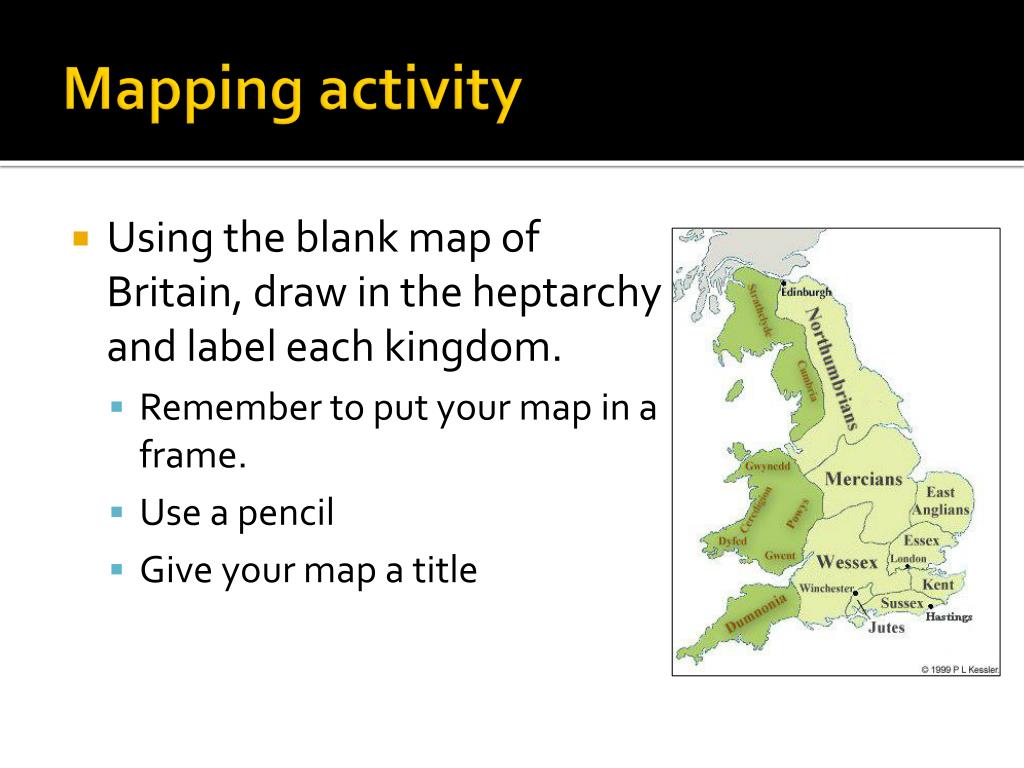


( added to certain adverbs) More used to form the comparative. ( slang) Used to form nouns indicating expertise or mastery of specified skill or area of knowledge ( chemistry) Used to form the names of metal elements, after the style of early-named elements, as well as the isotopes of hydrogen. ( added to certain adjectives and adverbs, now especially short ones) More used to form the comparative. ( non-productive) tending to, or capable ofĪ suffix indicating a fundamental unit in some kind of structure, chiefly linguistic structure. Medicine) The agent noun derived from verb. Used to form nouns describing the the study, formation, or use of words or names ( palynology) Having pollen grains with one or more leptomata, thin edges near the pole No longer productive) Suffix used to form the plural of a small number of English nouns.įorming compound nouns describing a condition or system. ( biology) used to name types of animal having a specified form of body temperature mechanismĭenoting something having the qualities of a dinosaur Suffix used to indicate the age of something or someone, in terms of years. Suffix used in loanwords from French to form abstract nouns of quality or function. ( added to a proper noun) Suffix denoting a resident or inhabitant of (the place denoted by the proper noun) used to form a demonym. ( in adjectives) having the specified thingĪlternative form of -ize used in certain words see the usage notes. ( added to verbs) A person or thing that does an action indicated by the root verb used to form an agent noun. Hence we can say that QE2 was a monarch - not a monocrat.Variant form of -er used in words ending with an abbreviation or (sometimes) a number. The recent death of the British QE2, +8-9-2022, provides a good example: Her imagined importance for some British people was so big that these people started weeping and crying when the media announced her death, even though from an objectively measurable sober rational point of view these weeping people had no tangible benefits from QE2's existence their daily lives without her would have been exactly the same.

The monocrat is typically being hated (though nobody dares to speak out against him), whilst the monarch can possibly be much-loved as an image or as a mediated idol even by people who have otherwise no personal relation with him.

It seems that the monarchy (and, in it, the monarch) enjoys some popular and/or constitutional support, whereas the monocracy (and, in it, the monocrat) is more of a autocratic tyranny with enforced despotism as the main method of governance. The difference between monarchy and monocracy is mostly a difference in "feeling" that is quite difficult to pin-point. The word monocracy does exist indeed (in German: Monokratie), and also exists the word autocracy. Can help if you have any Ancient Greek specific questions. You'd see some other types, some using the word νόμος (nomos = law) in there as well, but I can't think of any off the top of my head that stuck around into the modern era (that's not saying there aren't any though, I'm sure someone will soon post a giant list that makes me go "duh." Monarchy = μόνος (one) archos (is leader)Īs for why they're like this and not the other way around, most of them are attested in Ancient Greek itself: μοναρχία, δημοκρατίᾱ, etc. So democracy was a word meaning the common people rule/have power. δῆμος (demos) means - in this sense - "the people" and usually referred to the common people. Let's look at democracy, the cracy bit here comes from the Ancient Greek word κράτος which is strength, power, might, etc. Putting an alpha, or an alpha nu before a word in ancient Greek reverses it or nullifies it, so you get the word ἄναρχος (anarchos) "without a leader" (anarchy) so these words are focused more on who is leading. Ἀρχός is an Ancient Greek word for leader or ruler.


 0 kommentar(er)
0 kommentar(er)
